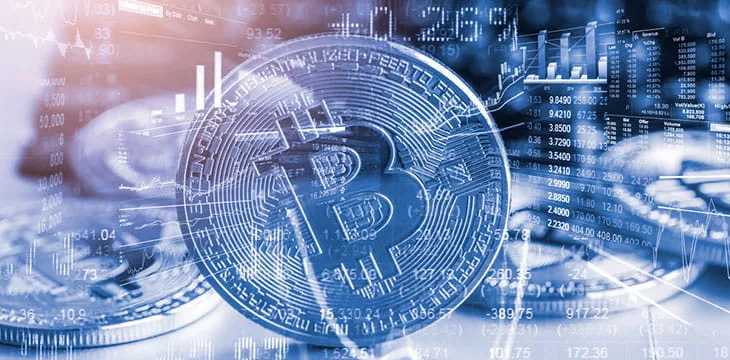|
Getting your Trinity Audio player ready...
|
Popular exchange OKEx has reiterated that user funds on its platform are safe, and functions not related to deposits and withdrawals are working as normal. The new statement comes amid claims millions of dollars in digital assets had moved out of OKEx’s wallets to a competitor exchange.
Some mystery still surrounds exactly what happened at OKEx over the past week. Digital asset deposits and withdrawals were suspended on October 16 and have (at press time) not yet resumed. The company said in a statement posted online:
“One of our private key holders is currently cooperating with a public security bureau in investigations where required. We have been out of touch with the concerned private key holder. As such, the associated authorization could not be completed.”
OKEx did not provide further details as to who the “private key holder” was, their connection to its business, or the nature of the transaction that needed to be authorized. Some news reports claimed the individual was none other than Mingxing “Star” Xu—the founder and former CEO of OKEx’s predecessor, OKCoin, and that Xu was being held in police custody over a listing issue regarding the OK Group in Hong Kong in 2019.
OKEx’s current CEO, Jay Hao, also said the matter was a “personal issue” and not related to any of the exchange’s operations.
OKEx has headquarters in Hong Kong and an official base in Malta, but has branded exchanges operating in various markets. According to CoinGecko, its past 24-hour trading volumes were over US$300 million, second only to Binance.
OKEx is also the parent company of FloatSV, an exchange that opened to serve the BSV market in the wake of the Binance-led “delist BSV” campaign of early 2019. FloatSV also posted a tweet notifying its users that the deposit/withdrawal suspension would also affect its customers:
As a partner exchange, this announcement applies to Float as well. Please read. https://t.co/eCSLeby035
— FloatSV (@FloatSVcom) October 16, 2020
Fund transfers ‘mislabeled’
Since the Mt. Gox debacle of 2014, any large exchange that suddenly suspends deposits and withdrawals causes the digital asset rumor mill to swing into action. Analysts immediately begin scouting blockchain records for any large transfers in or out (usually out) of known or related addresses.
The “Whale Alert” Twitter account, which monitors BTC addresses that may belong to exchanges and other large coin holders, claimed on October 16th that US$39.6 million worth of BTC had moved from an OKEx address to one at Binance. It then followed up by stating the moves may be “internal exchange transfers.”
ℹ️ We suspect these are internal exchange transfers. We are investigating the matter right now.
— Whale Alert (@whale_alert) October 16, 2020
Philip Gradwell, chief economist at blockchain forensics firm Chainalysis, said claims another $56 million in funds had moved out of OKEx’s hot wallets to Binance were incorrect, with explorer records “mislabeled.”
This is mislabeled, it is not a transfer from OKEx to Binance
— Philip Gradwell (@philip_gradwell) October 16, 2020
Gradwell repeated his correction but did not elaborate on how Chainalysis knew the addresses were mislabeled, or what the transfers might represent instead. However, OKEx’s homepage also posted an update stating the origin addresses labeled in blockchain explorers did not belong to the company.
It is mislabeled
— Philip Gradwell (@philip_gradwell) October 16, 2020
There is understandable concern whenever some interruption to normal activities occurs on a digital asset exchange. Despite the continuing “wild west” image these companies have and the opaqueness of their operations, there’s a far greater awareness these days that regulators are watching their actions closely. Therefore, exchanges are more likely than before to suspend some operations to conduct an investigation if there’s any issue.
So far there have been no provable claims any funds are missing from OKEx, or of any wrongdoing on its trading platforms. CoinGeek will continue to monitor this ongoing story and provide updates where necessary.
See also: CoinGeek Live panel on Regulation of Digital Assets & Digital Asset Businesses.
https://www.youtube.com/watch?v=FAEoXeN0b8M&feature=youtu.be&t=18764

 07-12-2025
07-12-2025 





